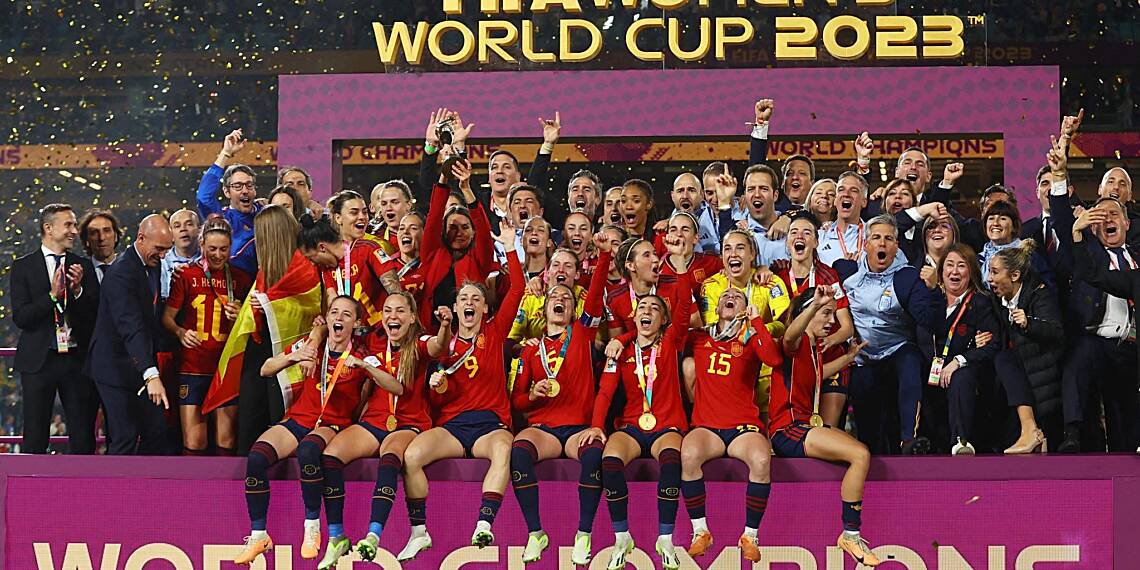FIFA has taken major steps to reshape the future of women’s football and intensify its efforts to combat racism in the game. In a virtual meeting, the FIFA Council confirmed that the FIFA Women’s World Cup will expand to 48 teams starting in 2031 — a historic decision aimed at growing the global reach of the women’s game.
The expanded tournament will include 12 groups and 104 matches, adding a week to the overall competition. FIFA says the change will offer more opportunities for countries to compete at the highest level, while also encouraging deeper investment in women’s football structures worldwide.
“This isn’t just about adding more teams,” said FIFA President Gianni Infantino. “It’s about creating more opportunities for players and nations, and pushing the development of women’s football forward in a meaningful way.”
The decision comes after widespread consultation with football confederations and other stakeholders, and follows the success of the 2023 edition, which saw teams from all continents win at least one match — a sign of the growing competitiveness in the women’s game.
In another key development, FIFA has endorsed a new Strategy for Action for Afghan Women’s Football, which includes support for an Afghan women’s refugee team. This initiative will give displaced Afghan players a chance to continue their football journeys, with FIFA pledging to help the team begin operations as soon as possible.
“Every girl deserves the chance to play football,” said Infantino, calling the initiative a landmark moment in the sport’s commitment to inclusivity and support for those affected by crisis.
FIFA is also stepping up its fight against racism with a newly revised FIFA Disciplinary Code, which introduces stricter measures to address abuse and discrimination. Among the key changes:
- Tougher penalties: The maximum fine for racist abuse has been raised to CHF 5 million.
- Clearer procedures: A new three-step process for dealing with racist incidents is now part of the official disciplinary code.
- More accountability: Players and officials will be encouraged to identify perpetrators to help ensure swift action.
- Global enforcement: All FIFA Member Associations must align their disciplinary rules with FIFA’s new anti-racism framework.
- Right to appeal: FIFA can now appeal or intervene in racism-related cases where action has not been strong enough.
“This is a step change,” Infantino said. “We’re strengthening our rules and working closely with our member associations to ensure racism has no place in our game.”
The Council also approved regulations for the 2026 FIFA World Cup and the upcoming FIFA Intercontinental Cup in 2025, while confirming that the next FIFA Congress will be held on May 15, 2025, in Asunción, Paraguay.



















